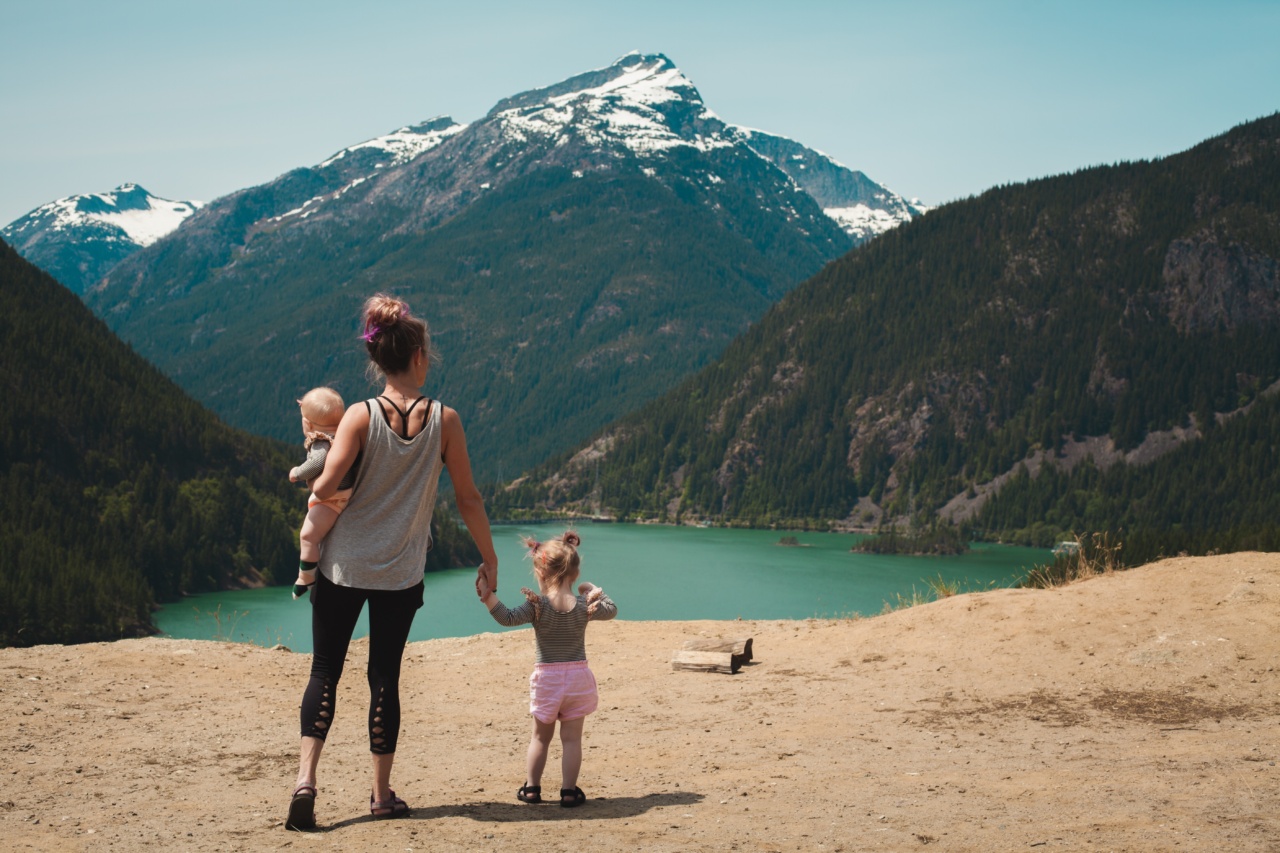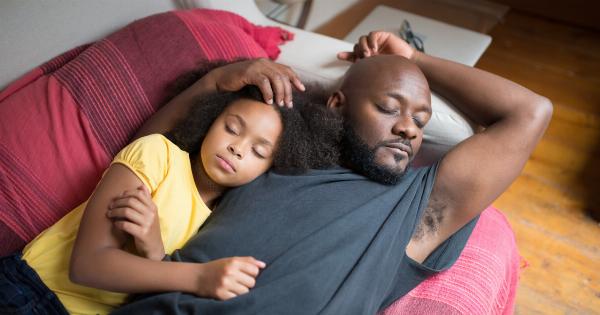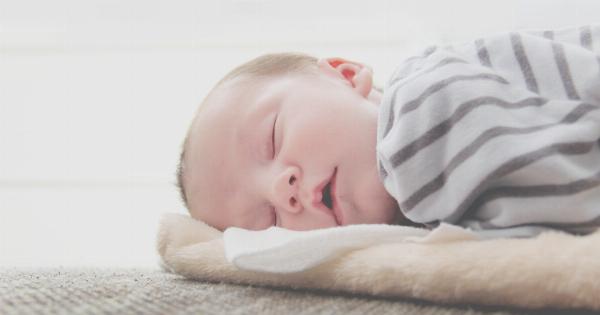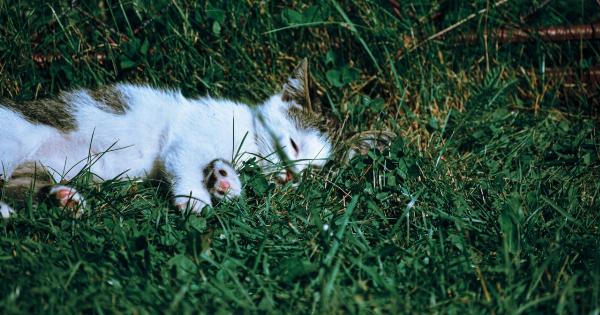Babies spend a lot of time sleeping, and it is important to make their sleeping environment as safe as possible. One of the most important decisions parents make is where their babies should sleep, either in a crib or on a couch.
Experts say that cribs are safer than couches for babies, and there are several reasons why.
1. Cribs are designed especially for babies
Cribs are designed specifically for babies, and they are made with their safety in mind. They have high sides that prevent babies from rolling out of bed and getting stuck between mattresses.
The mattresses are firm and do not sink under the baby’s weight, which reduces the risk of suffocation. Cribs also have slats on the side, which allow parents to see their babies without disturbing them and promote proper ventilation.
2. Cribs are free from hazards that couches have
Couches present several hazards that make them unsuitable for babies to sleep on. Couch cushions can sink, creating an indentation that can suffocate a baby.
There is also the risk of a baby becoming trapped between the cushions or the backrest of a couch. Additionally, couches have no slats, which makes it impossible for parents to monitor their babies while they sleep. Cribs are free from these hazards, making them a safer choice for babies to sleep in.
3. Cribs are more stable than couches
Cribs are more stable than couches because they are designed to support the weight of a baby and prevent tipping. The sides of the crib are higher than the mattress, which makes it difficult for a baby to climb out of the crib.
Couches, on the other hand, are not designed to support a baby’s weight and can tip over if a baby tries to climb out or falls off the couch while sleeping. This can cause serious injuries, such as head trauma or broken bones.
4. Cribs are easier to baby-proof than couches
Cribs are easier to baby-proof than couches. Most cribs come with safety features, such as teething rails and drop sides, that prevent babies from harming themselves.
Additionally, parents can easily remove any hazardous objects from the crib, such as blankets and toys that can become choking hazards. On the other hand, it is difficult to baby-proof a couch, as cushions can be easily removed or shifted, exposing hazardous materials such as staples or screws, which can cause injuries to babies.
5. Cribs promote healthy sleep habits
Cribs promote healthy sleep habits for babies. Babies need a lot of sleep, and a crib provides a comfortable, safe space where they can sleep undisturbed.
Cribs also promote proper ventilation, which helps babies regulate their body temperature and keeps them comfortable while they sleep. A crib also provides a dedicated sleeping area for babies, which helps them establish a healthy sleep routine.
6. Cribs are recommended by pediatricians
Finally, cribs are recommended by pediatricians as the safest sleeping option for babies.
The American Academy of Pediatrics recommends that babies sleep in a crib, bassinet, or play yard in the same room as their parents for at least the first six months of life. They also advise against using couches for sleeping. Safety experts agree that cribs are the best option for babies to sleep in.
Conclusion
In conclusion, cribs are safer for babies to sleep in than couches. They are designed specifically for babies, free from hazards that couches have, more stable, easier to baby-proof, promote healthy sleep habits, and are recommended by pediatricians.
As a parent, it is important to make the safest choice for your baby, and cribs are the best option when it comes to sleeping arrangements.


























